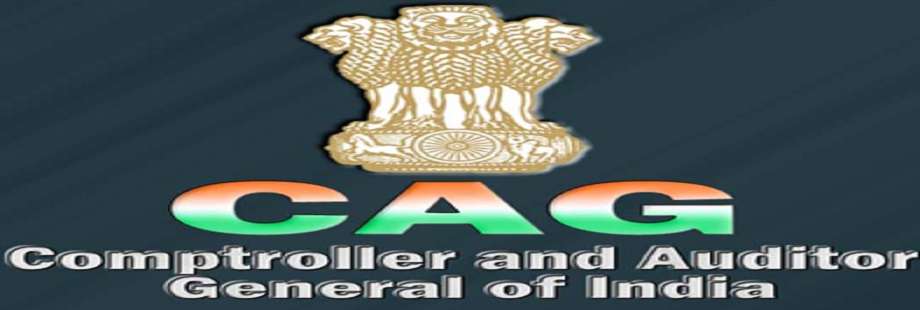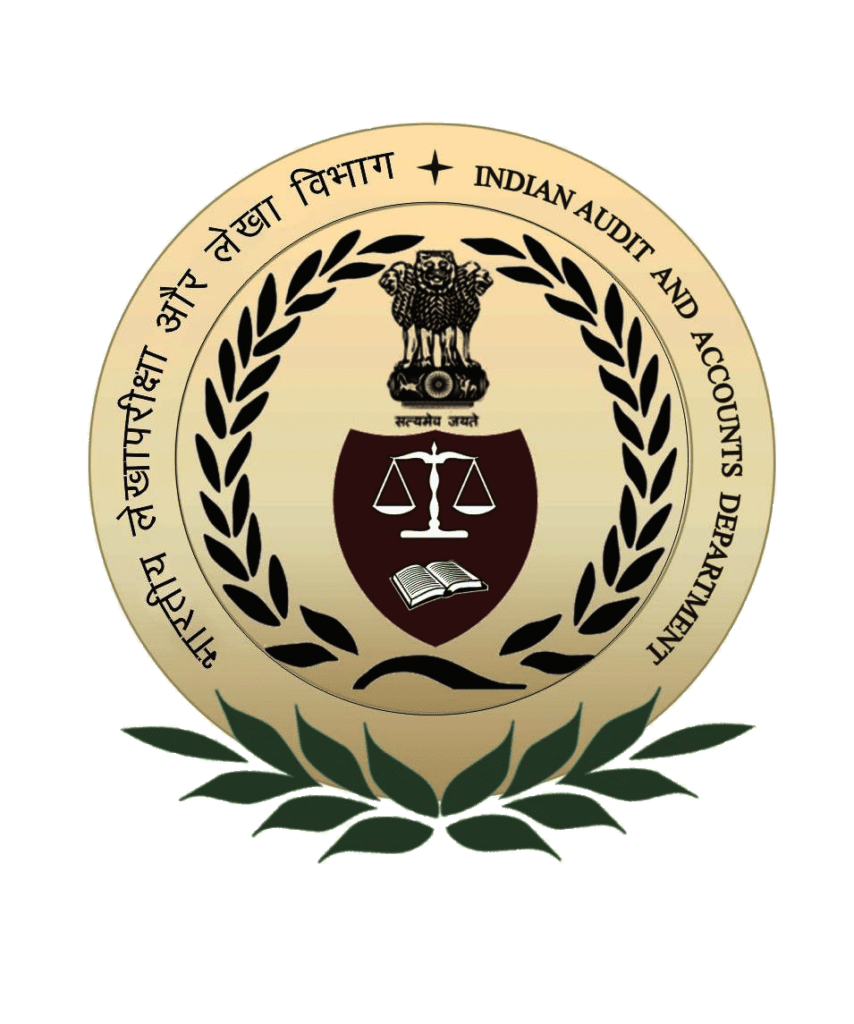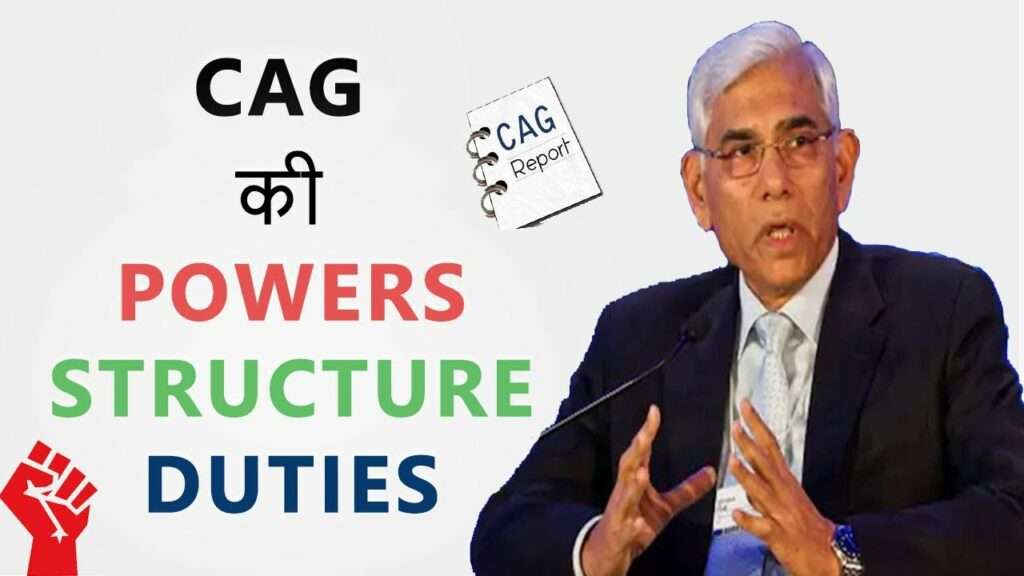Introduction to Comptroller and Auditor General



The highest auditing authority in India is the Comptroller and Auditor General of India (CAG). It was established in accordance with Article 148 of the Indian Constitution, and it is in charge of auditing all government and state accounts, including those of autonomous organizations and businesses that receive significant government funding.
Historical Background of the Comptroller and Auditor General
The office of the CAG was reorganized in 1862, with the creation of separate Departments of Accounts and Audit.



The Constitution of India, which came into force in 1950, established the CAG as an independent institution. Article 148 of the Constitution provides that the CAG shall be appointed by the President of India on the advice of the Prime Minister and the Leader of the Opposition. The CAG holds the rank of a Cabinet Minister and enjoys the same status as a sitting judge of the Supreme Court of India in order of precedence.
The CAG is responsible for auditing the accounts of the Government of India and the State Governments, including those of autonomous bodies and corporations substantially financed by the Government. The CAG also has the power to audit the accounts of any other authority or body established by or under the Constitution or any law made by Parliament.
Functions and Responsibilities of the CAG
- Auditing Government Expenditures:
One of the primary functions of the CAG is to audit the expenditures and receipts of the government. This involves meticulous examination of financial transactions to ensure they adhere to budgetary provisions and legal frameworks. - Assessing Financial Regularity:
The CAG also assesses the regularity and legality of financial transactions. It ensures that all expenditures are sanctioned appropriately and that there is no misappropriation of funds. - Performance Auditing:
Beyond financial audits, the CAG conducts performance audits to evaluate the effectiveness and efficiency of government programs. This helps in identifying areas of improvement and ensures optimal utilization of resources.
Empowering Accountability through Independence



- Autonomous Status of the CAG:
The CAG operates with a high degree of independence, allowing it to function without external influence. This autonomy is essential for conducting unbiased audits and investigations. - Strengthening Democracy and Governance:
By holding the government accountable for its financial actions, the CAG strengthens the democratic process and ensures that public funds are used for the welfare of the citizens.
Challenges Faced by the CAG
- Resource Constraints:
Limited resources can sometimes hinder the CAG’s ability to conduct comprehensive audits across all government departments and agencies. - Addressing Evolving Government Function:
As government functions evolve, the CAG must adapt its auditing methodologies to encompass new areas such as e-governance and digital transactions.






